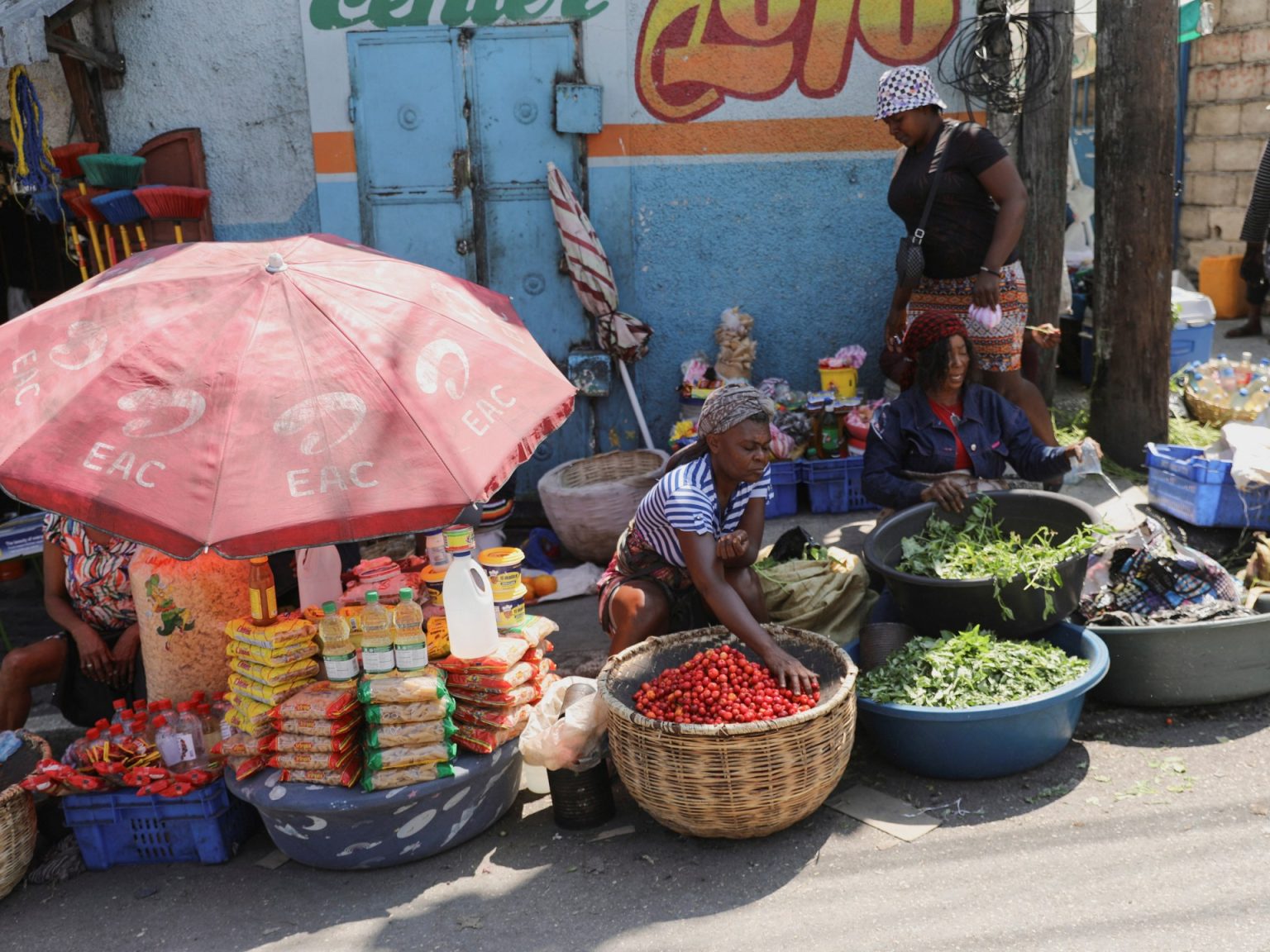Haiti’s Prime Minister Ariel Henry resigned amid escalating violence and a crisis in the country. The Caribbean Community and Common Market (CARICOM) crafted a transition plan that includes the creation of a presidential council and the appointment of an interim prime minister. The United States supported a foreign intervention with $100 million for a United Nations force to be deployed in Haiti, but the credibility of the council members and their political allegiances are under scrutiny.
Haiti has a history of external interventions that have eroded its sovereignty and led to the current crisis. France forced Haiti to pay indemnity for its independence in 1825, leading to economic difficulties for over a century. The US invaded and occupied Haiti from 1915 to 1934, laying the foundation for continued interference. UN “peace missions” and structural adjustment policies further destabilized the country. The Core Group, including Western powers, has dictated Haitian affairs and overseen a deepening crisis that has now resulted in state power disintegration and gang control.
Criminal gangs have terrorized Haiti, with violence leading to hundreds of murders, displacements, and economic collapse. Poverty, hunger, school closures, and lack of healthcare have exacerbated the crisis. Food shortages, fuel scarcity, rising prices, and land grabs by gangs have pushed rural communities into further despair. The Western-backed interventions have failed to address these issues, leaving Haitians in a state of perpetual suffering.
The new transition plan proposed by CARICOM, supported by the Core Group and PHTK stakeholders, is unlikely to solve the crisis. Past interventions have only made the situation worse, with Haitian leaders endorsed by foreign entities failing to address gang violence. Civil society and grassroots movements have been sidelined in the transition plan, threatening the credibility of the interim administration. The Grassroots Patriotic Front is calling for a National Monitoring Committee to oversee the transition.
To tackle violence effectively, law enforcement must be trained and held accountable under the direction of the transitional government. A National Security Plan and focus on restoring public administration and judiciary are essential for achieving social peace. Investing in Haitian agriculture, supporting small-scale vendors, and providing technical support and humanitarian aid can help address the food shortage crisis internally. Western powers must respect Haitian sovereignty and endorse local solutions to uphold the will of the people.


